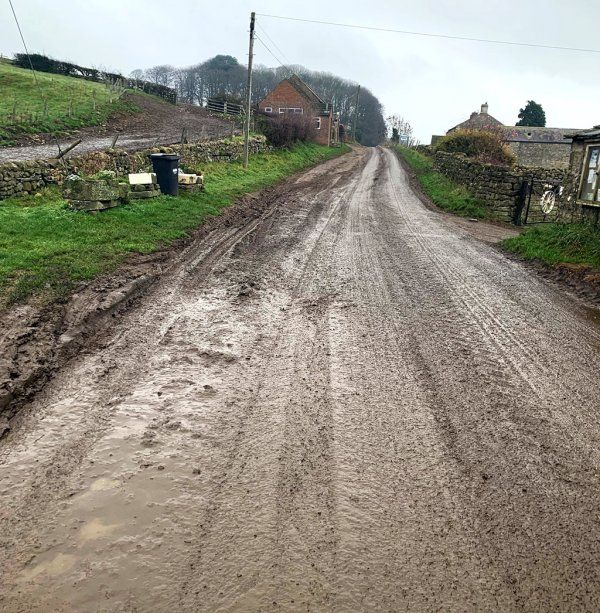An insurance company in the UK has reminded farmers to avoid leaving mud on roads this autumn.
In recent weeks, NFU Mutal issued the message to farmers as the autumn harvesting of late-cut silage, sugar beet, and maize gets underway.
The rural insurer has highlighted that farmers can be prosecuted and held liable if their tractors deposit mud on roads and cause motorists to skid or have an accident.
The body has urged farmers to take precautions as wetter autumn weather increases the risk of mud being deposited on roads.
Leaving mud on roads
NFU Mutual Risk Management Services’ Evita Van Gestel said:
“Autumn’s unpredictable weather makes harvesting and cultivation work a huge challenge for farmers.”
“Having measures in place to prevent mud getting onto roads and contingency plans so mud can be cleared from roads quickly is the best approach.
“For large-scale activities, such as sugar beet or maize harvesting, it may be necessary to have a wheel washer by field entrances and a mechanical road sweeper on stand-by.”
She said that a brush and shovel approach may be sufficient to clear up after one tractor.
“If mud is left on the roads, the law is clear: it’s the responsibility of the farmer to clean it up,”
“Clear warning signs should be put up to warn other road users. But, that does not mean the mud can be left.”
“It is still the farmer’s responsibility to remove it as quickly as possible,” she stressed.
How to avoid leaving mud on roads
- Firstly, do everything possible to prevent mud from being deposited on the road. This includes cleaning mud from vehicles, as far as practicable, before they are taken onto the road;
- Buy or be prepared to hire in equipment to clean up accidentally deposited mud;
- Keep to your own farm roads and minor roads whenever possible;
- Also, keep to low speeds especially when travelling short distances to help retain mud on the vehicle;
- Retain a written record of your decisions on whether or not to deploy signs and/or to clean the road;
- If there is a danger of mud being accidentally deposited on roads, use ‘Slippery Road’ signs. Also, utilise a ‘Mud on Road’ subplate to alert other road users;
- Ensure signs are positioned to give maximum visibility and warning to other road users. These include approaches to sharp corners and blind summits;
- Clean the road surface as necessary during the working day and always at the end of the working day;
- You must assess the risks to working on the road in each location to ensure the work can be completed safely;
- Ensure that staff and equipment are available and suitable for the soil and weather conditions present;
- If staff are working on the road, use additional ‘Men at Work’ signs in each direction;
- If using a contractor, ensure that prior agreement is reached on who is responsible for mud on-road issues. This includes the use of signage and clean-up.
More UK farming news.





